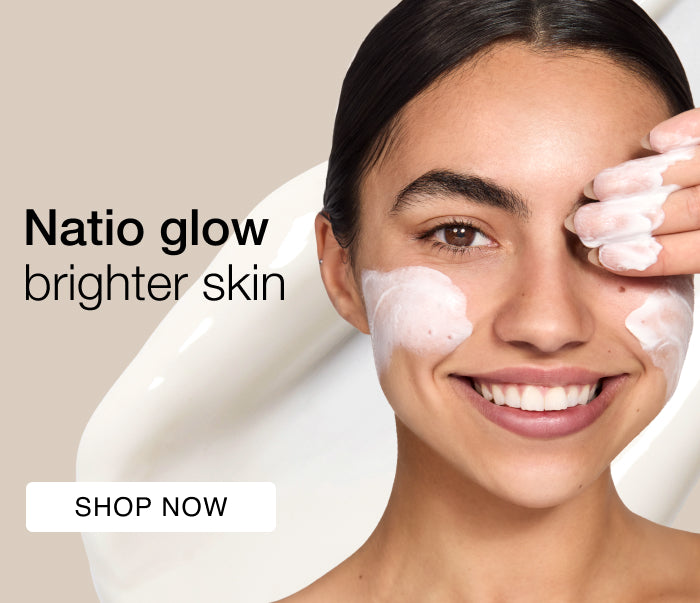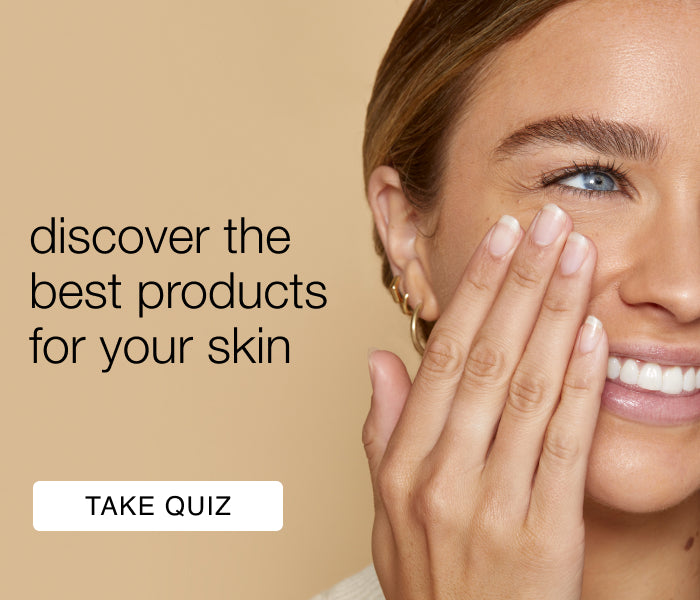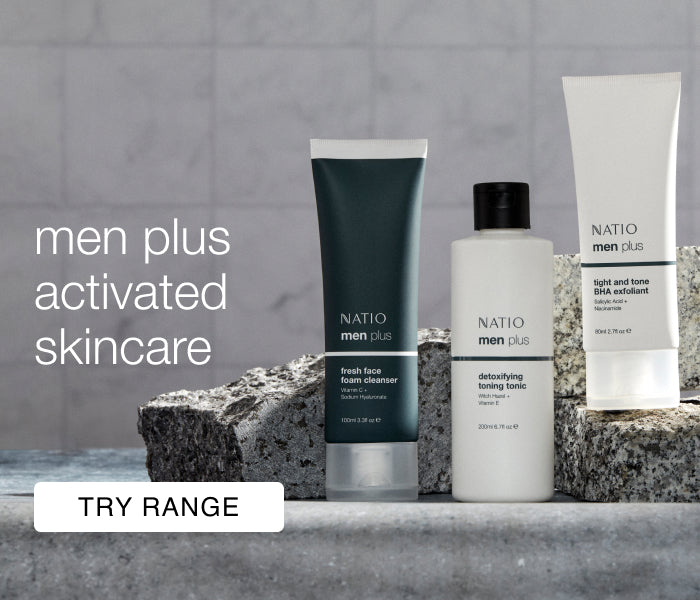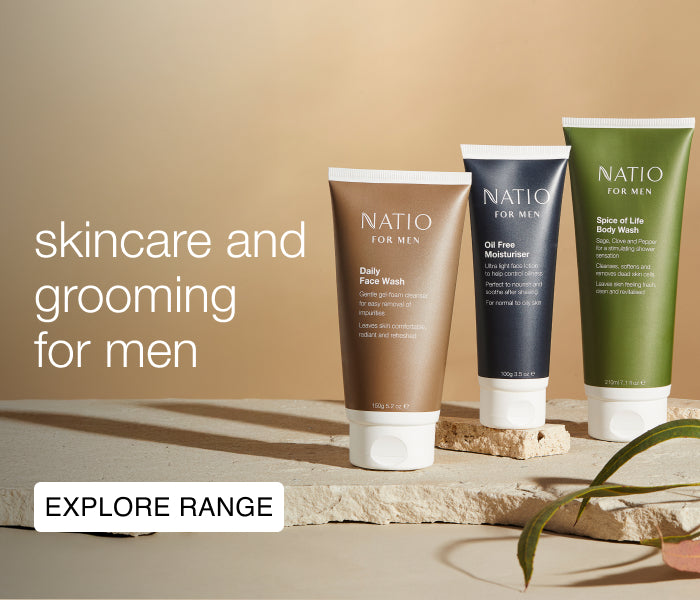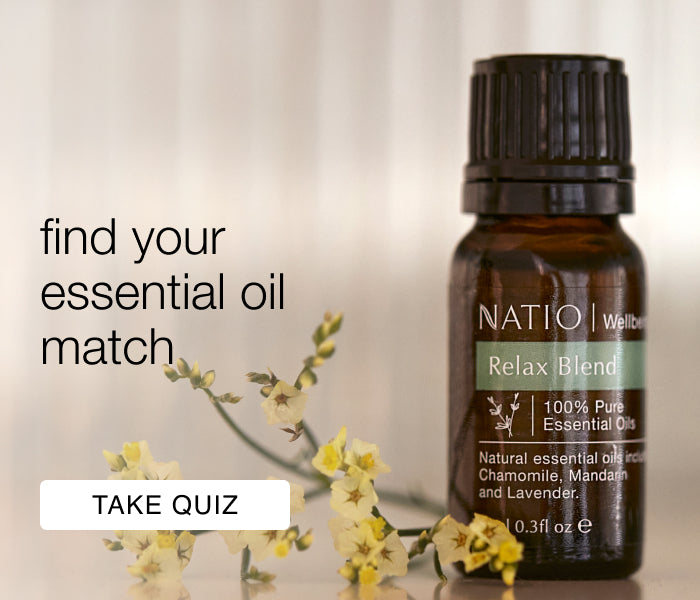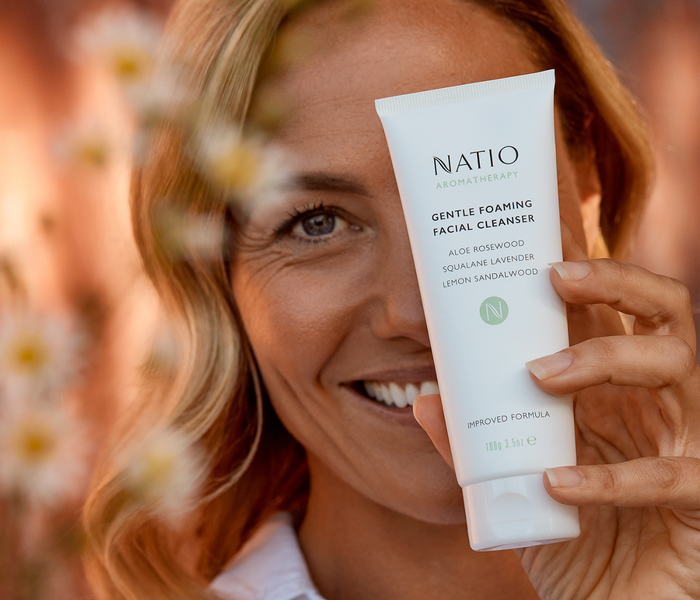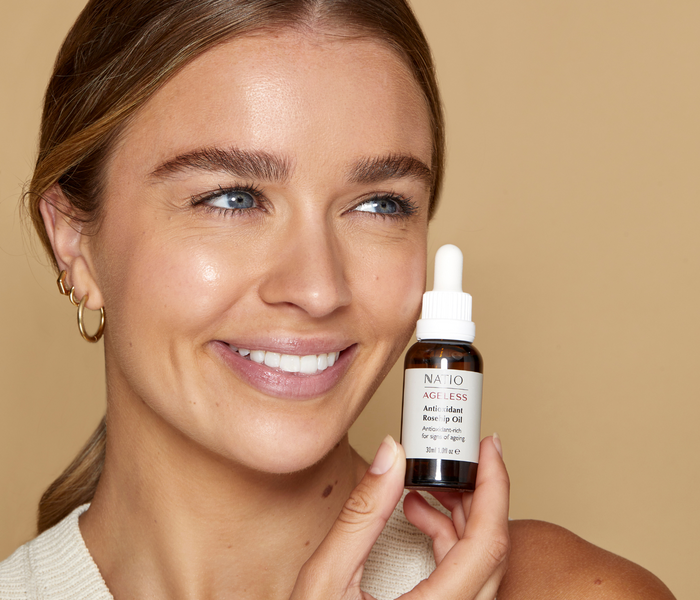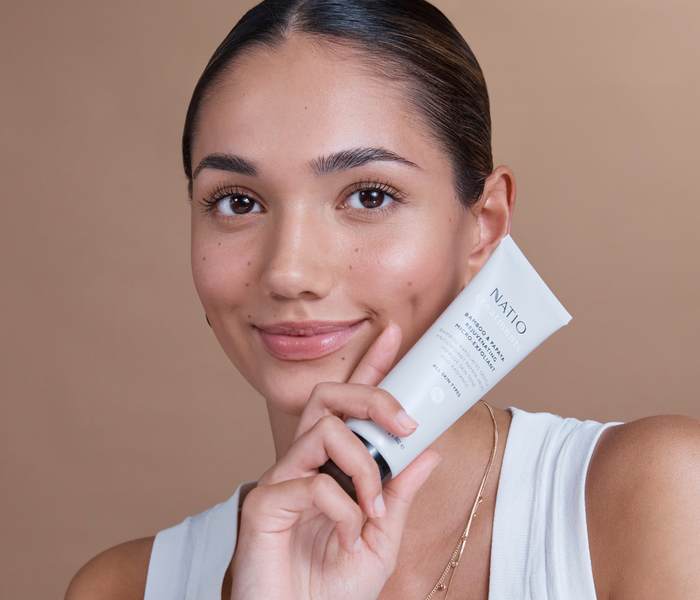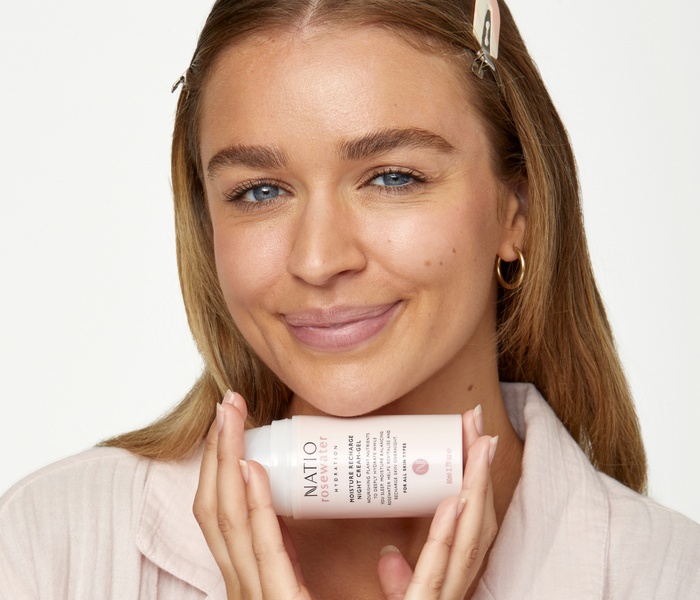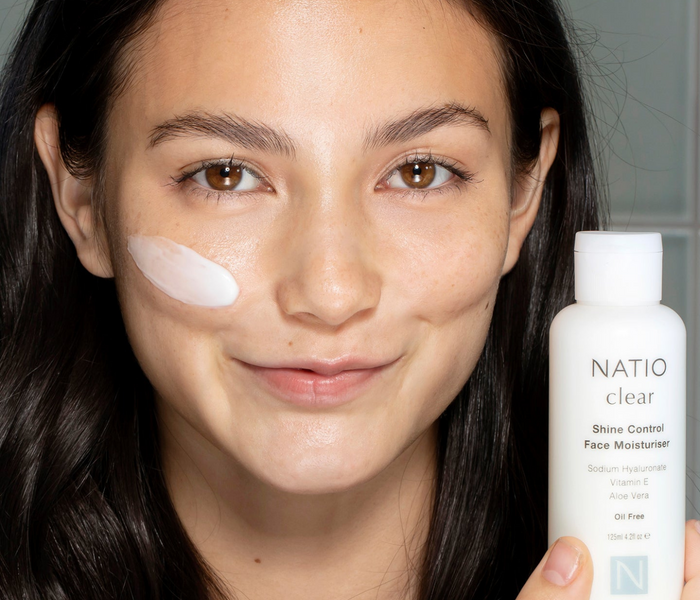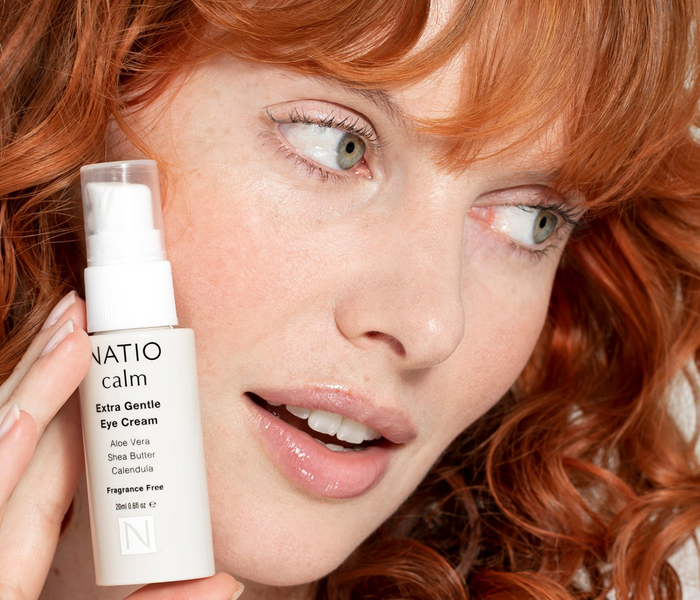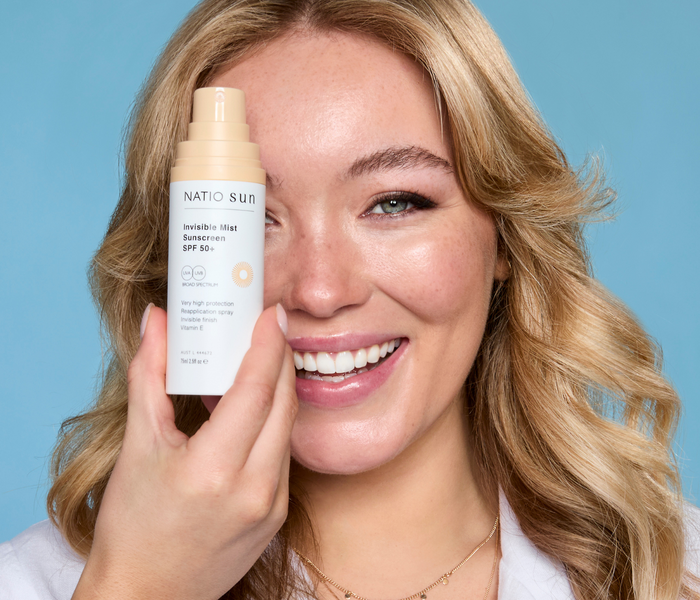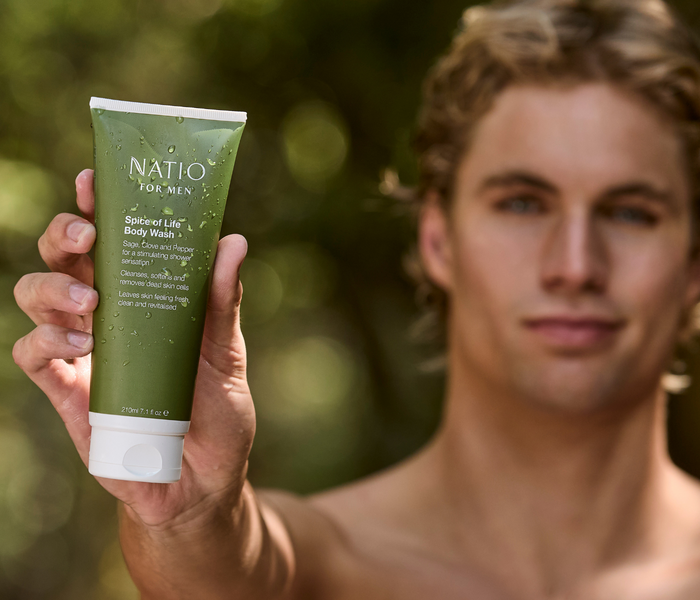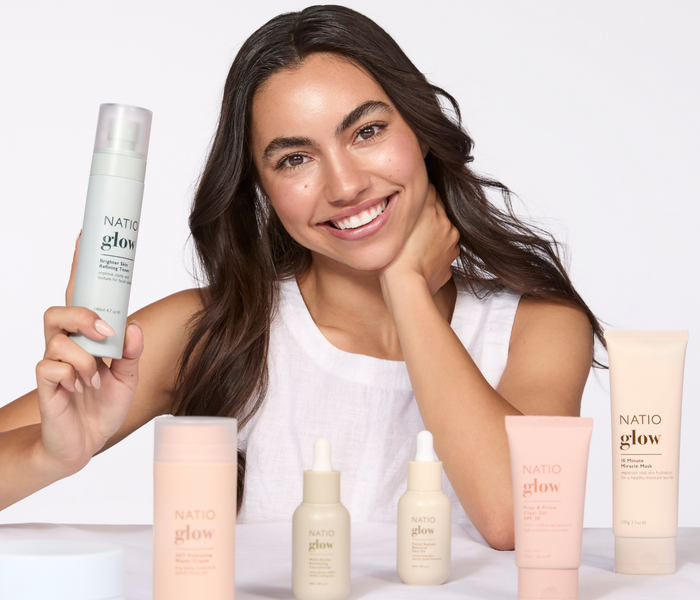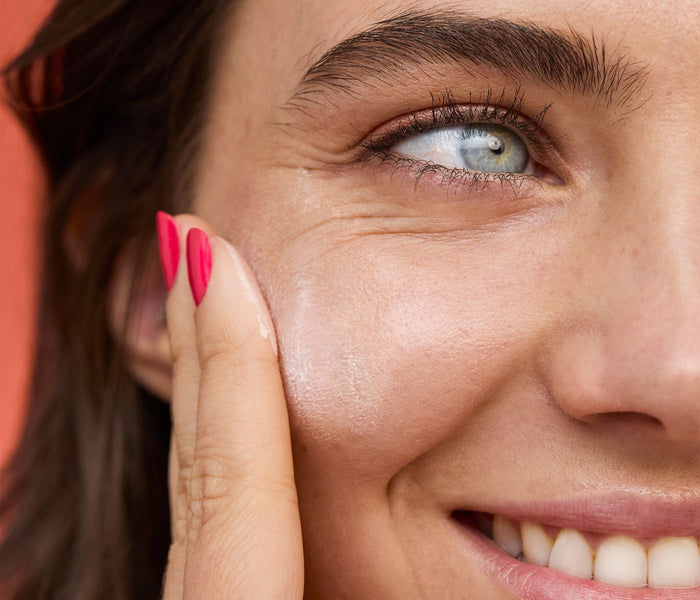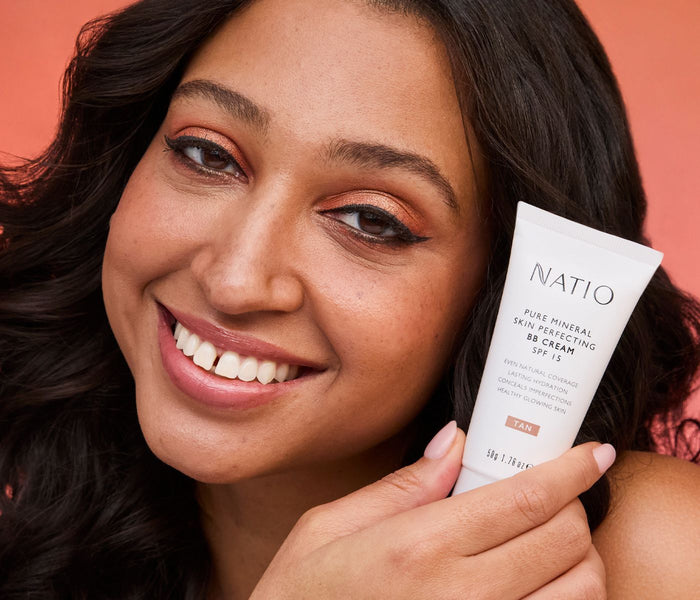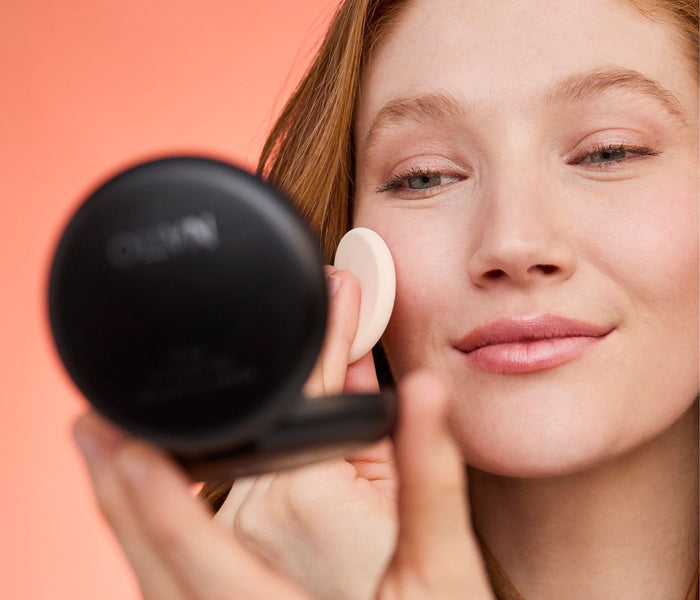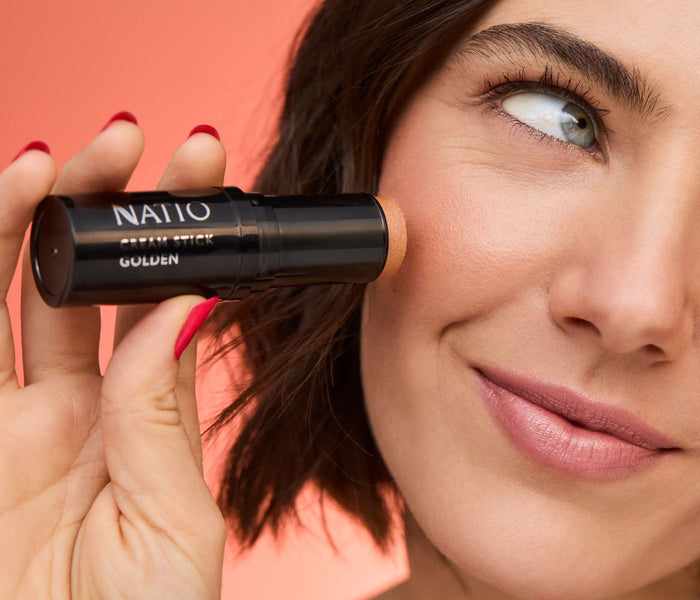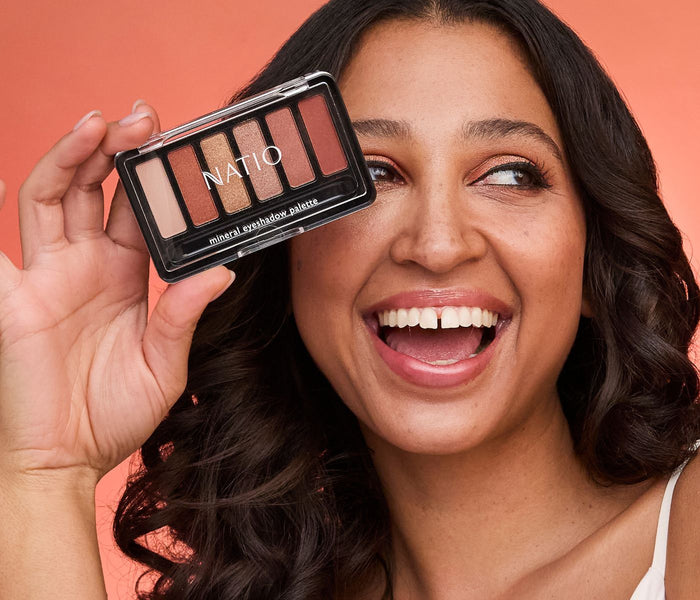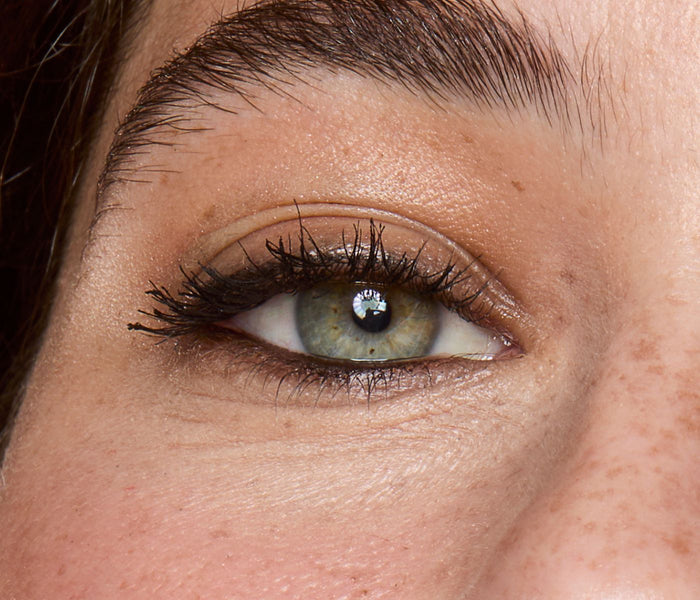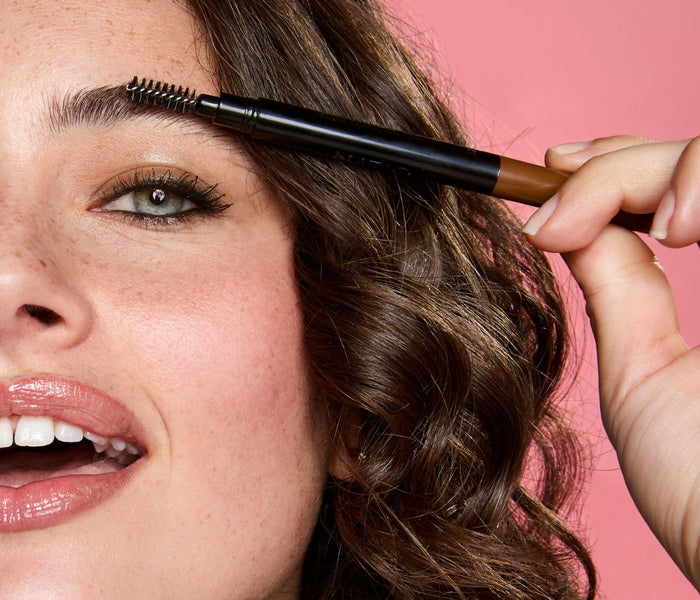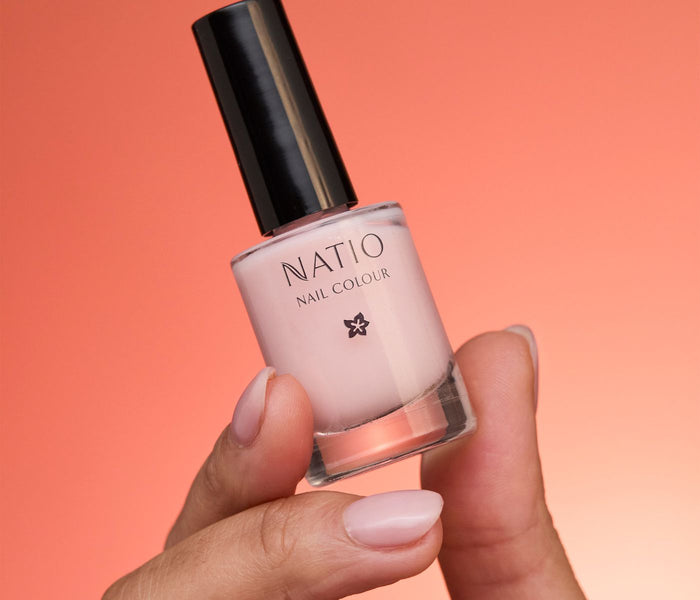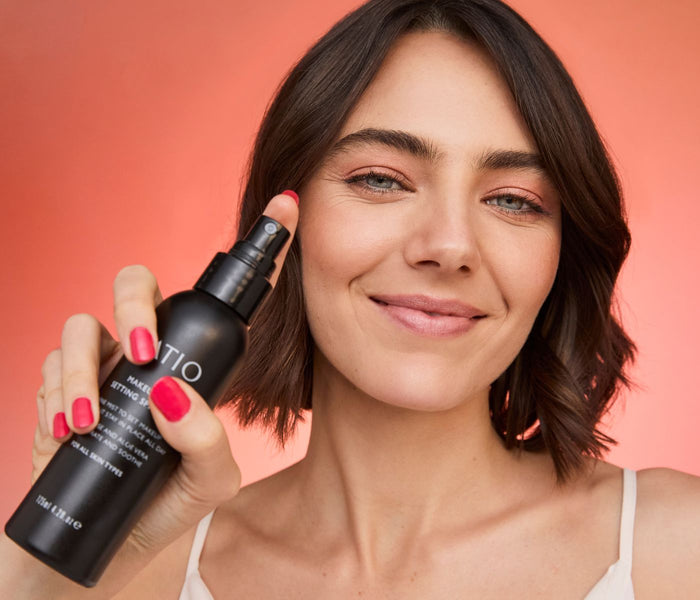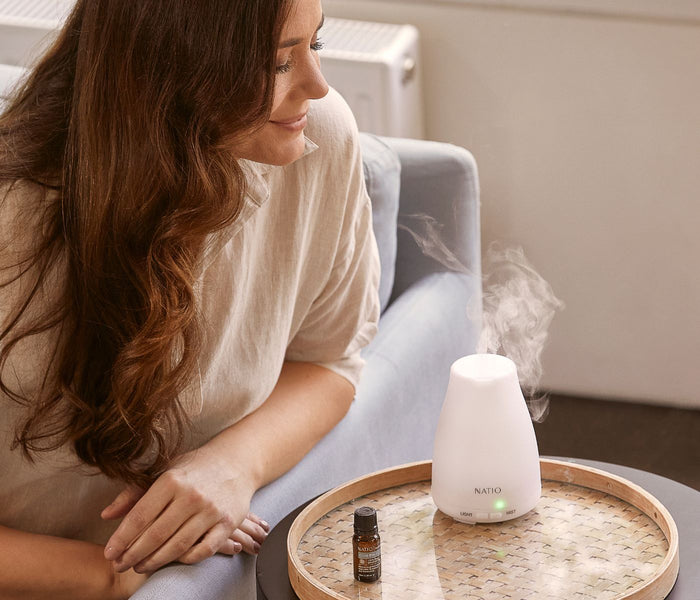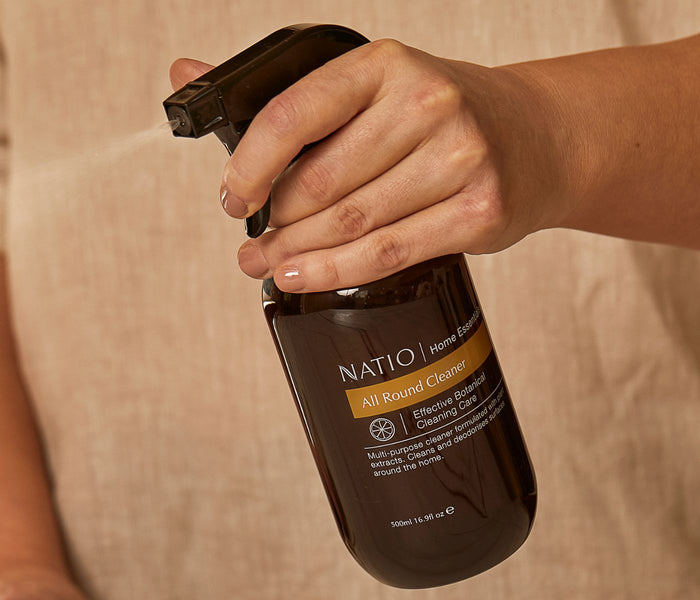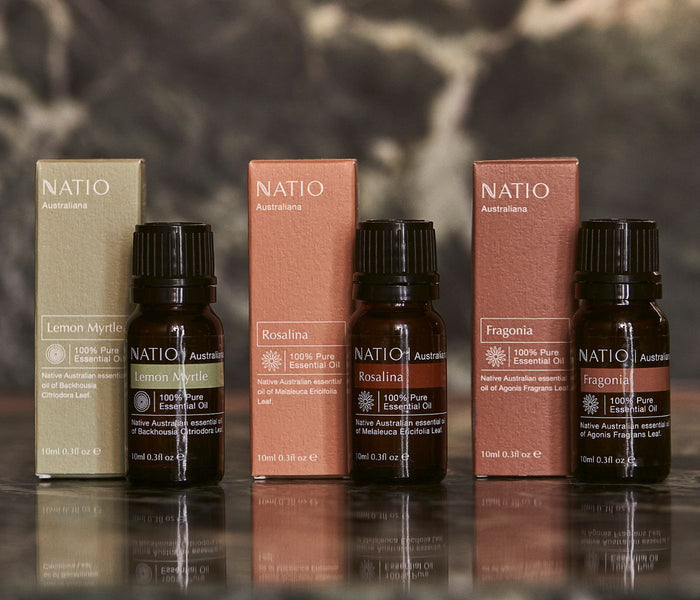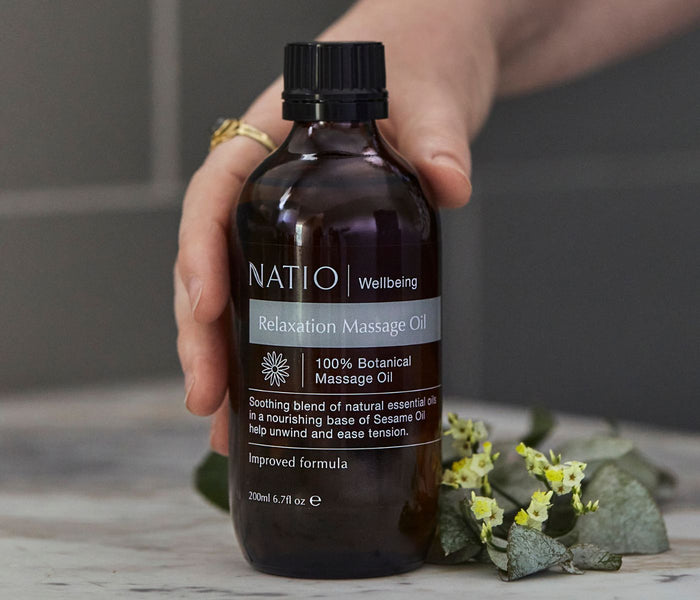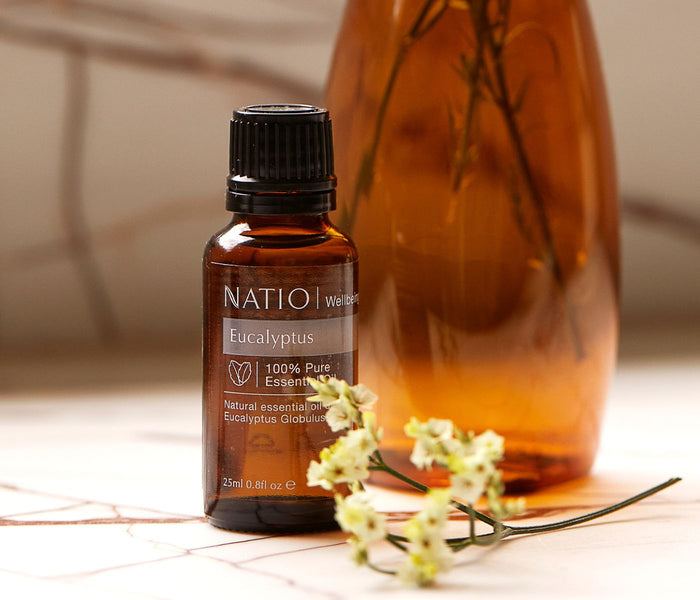

Behind the Screen: Common myths and misconceptions around SPF
When it comes to skincare today, very few products are as crucial as sunscreen. Yet, despite its importance, several myths and misconceptions about this skincare hero persist. Let’s take a look at some common ones, shine some light on the truths of SPF and eliminate those untrue obstacles impeding everyone, everywhere from embracing this integral protection:
Myth: Sunscreen is only necessary outdoors, on sunny days
Untrue. Sunny or not, UVA/UVB rays are beaming down on us every single day. In fact, up to 80% of the sun's UV radiation can pass through cloud cover, leading to skin damage and increased risk of skin cancer, even on overcast days. What’s more, UV rays can penetrate windows and indoor environments, reaching your skin even when you're not directly outside. Every bit of sun exposure - intentional or not - can add up to skin damage and increased skin cancer risk, so daily SPF applied to exposed skin - face, neck and hands most predominantly - is safe practice.
Myth: I never get sunburnt, so I don’t need sunscreen
Nope. Nobody is immune to skin damage nor skin cancer. Regardless of complexion, everyone benefits from safeguarding their skin against dangerous sun damage - particularly in Australia where we have one of the highest levels of UV exposure and highest rates of skin cancer in the world*.
 The recommended dose of facial sunscreen
The recommended dose of facial sunscreen
Myth: Makeup with SPF provides adequate sun protection
Not quite. While many cosmetics contain SPF, they typically don’t offer sufficient protection on their own. You see, SPF is not makeup’s primary purpose and the amount applied is also often far less than the recommended amount of sunscreen. These products are helpful, sure, but for optimal protection it’s best to use a dedicated sunscreen on clean skin, prior to makeup application.
Myth: Sunscreen feels sticky and uncomfortable
Not so! Sunscreen innovation has come in leaps and bounds in recent years, with the newest formulas especially featuring non-greasy and lightweight textures that are almost imperceptible. Truthfully, physical mineral sunscreens containing Zinc Oxide or titanium dioxide can feel a little heavier than their traditional cousins (as they create a physical UV barrier that sits on skin), though new technologies mean even these formulas are lighter and silkier in texture than ever, with more comfortable wear.
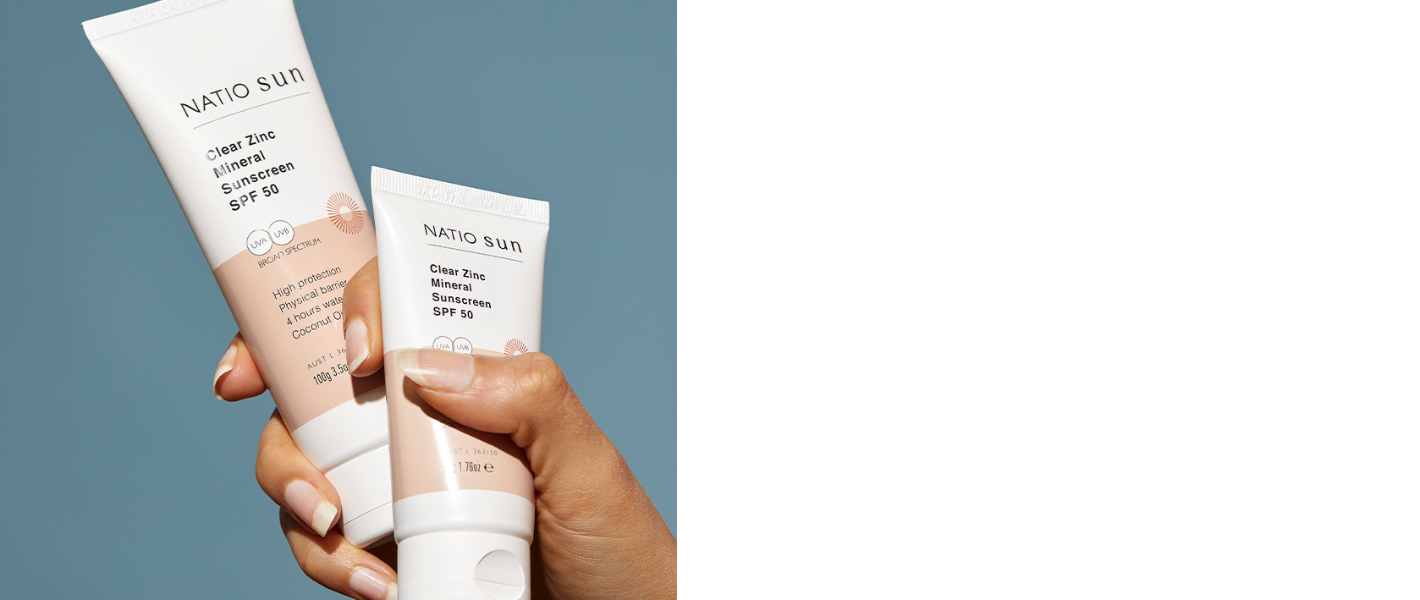
Myth: Sunscreen leaves an ashy, white cast on my skin
Not really, not anymore! While the myth of sunscreen leaving an ashy, white cast on the skin has some basis in certain older formulations, modern sunscreen technology has made advancements to address exactly this concern. Modern formulations are now available which have all but diminished this issue, specifically formulated to be sheer, invisible and suitable for all skin tones. Tinted moisturiser with high protection SPF (50 and above) can also be an excellent option if you’re concerned about a white cast, combining sun protection with a subtle tint that can help even out your skin tone and provide a natural-looking finish. However always be mindful to reapply this as needed for optimal protection.
Myth: Sunscreen causes my skin to break out
It doesn’t have to. When chosen and used correctly, sunscreen should never be a primary cause of acne or breakouts. While some sunscreens may contribute to breakouts in certain individuals, it's usually due to specific ingredients or formulations. Selecting lightweight lotions, gels and oil free formulas, as well as sunscreens that contain gentle ingredients can go a long way towards minimising the risk of irritation and breakouts. Finally, no matter which formula you choose, proper cleansing is critical. Breakouts can occur if sunscreen is not properly removed, so it’s important to ensure that all sunscreen and impurities are gently but effectively removed at the end of the day with at least one round of cleansing.
Hopefully this article has cleared up a few grey areas for you, because protecting your skin from the sun's harmful UV rays is a vital aspect of maintaining healthy skin and preventing skin cancer. Remember, consistent use of broad-spectrum sunscreen, along with other sun safety measures like seeking shade and wearing protective clothing, hat and sunglasses, is essential for maintaining healthy, happy skin throughout your life. In regard to sunscreen application, always follow directions for use and reapply as directed.




